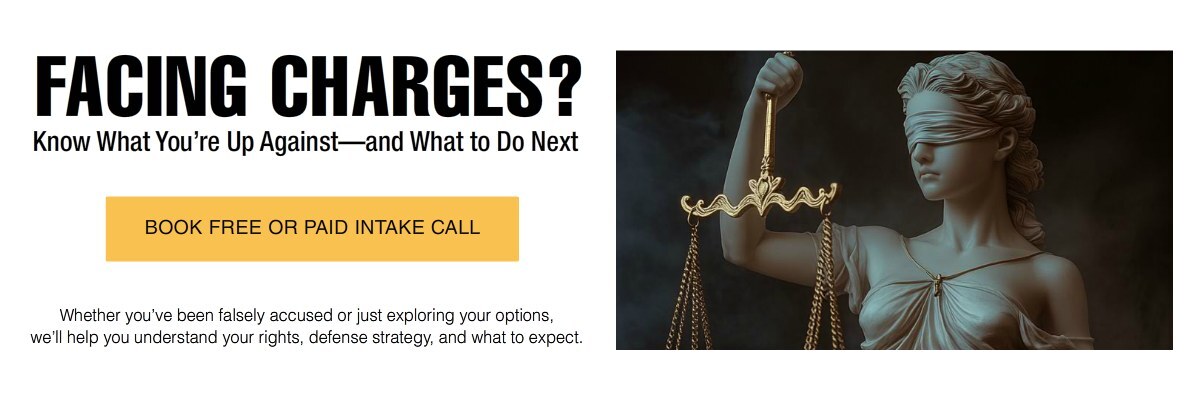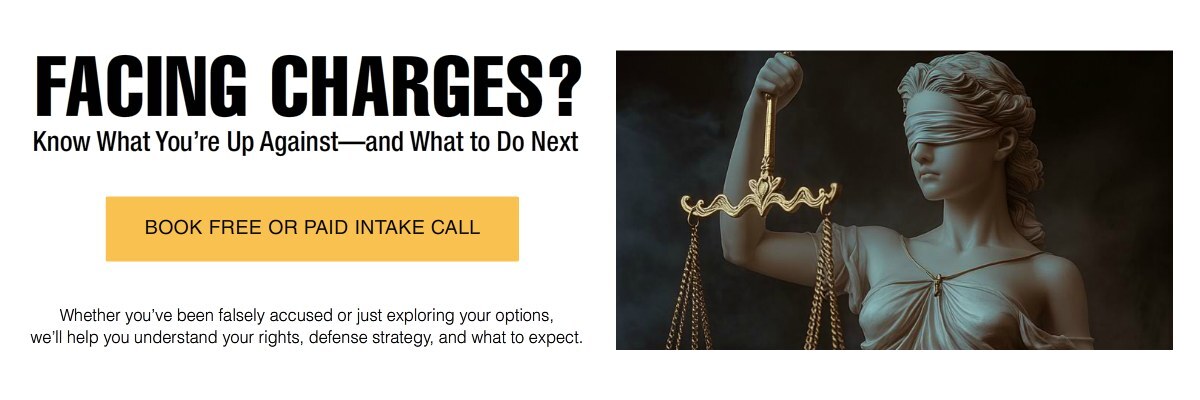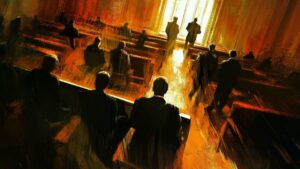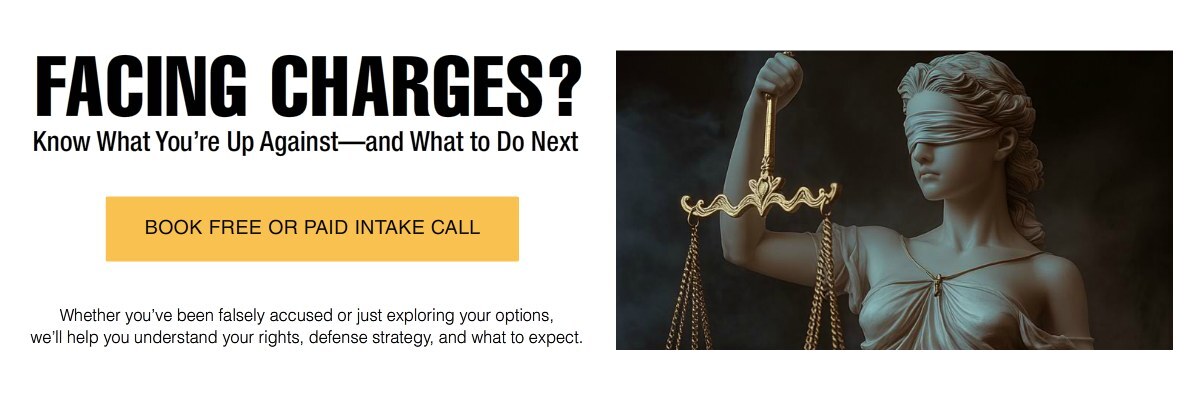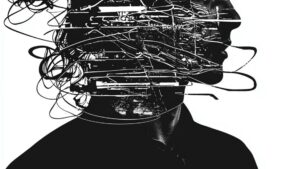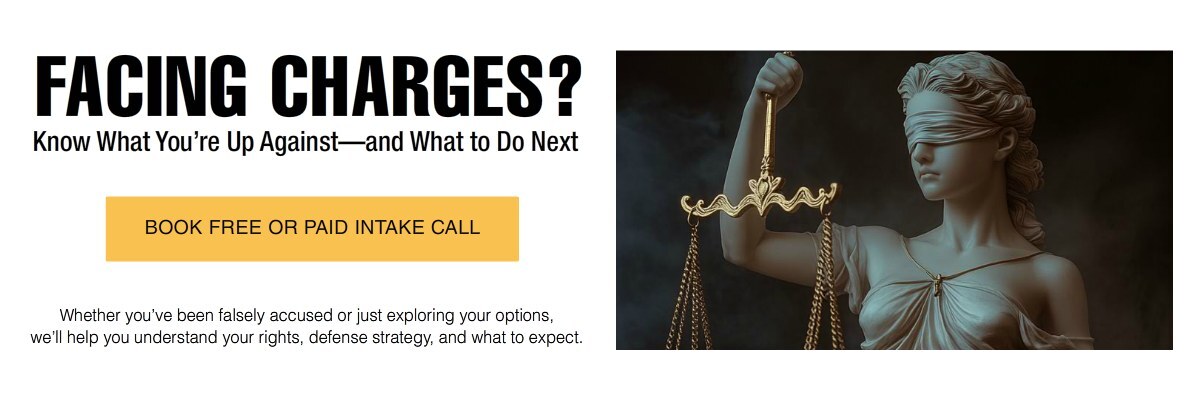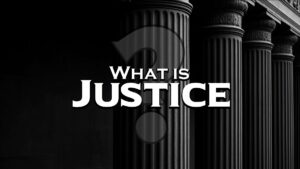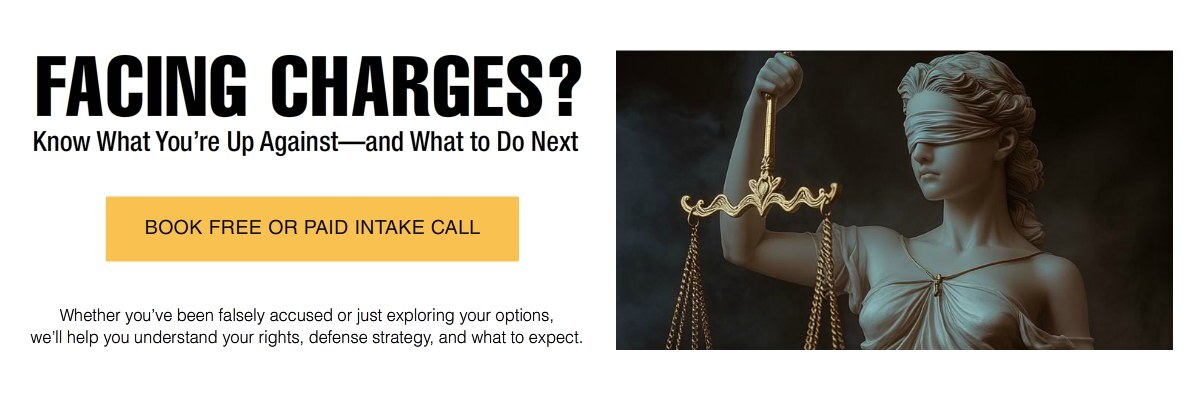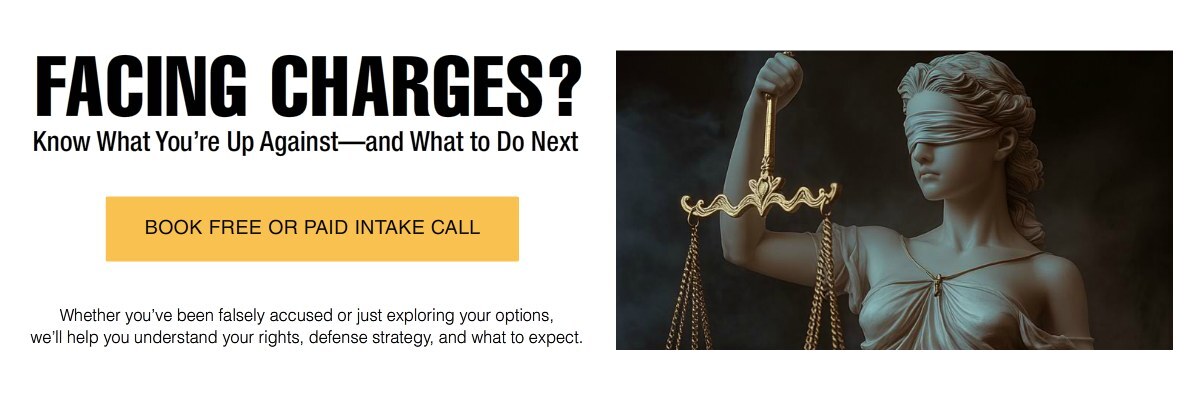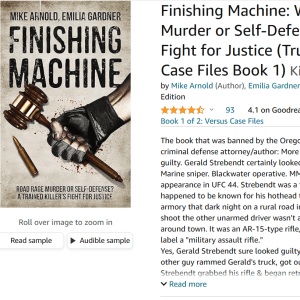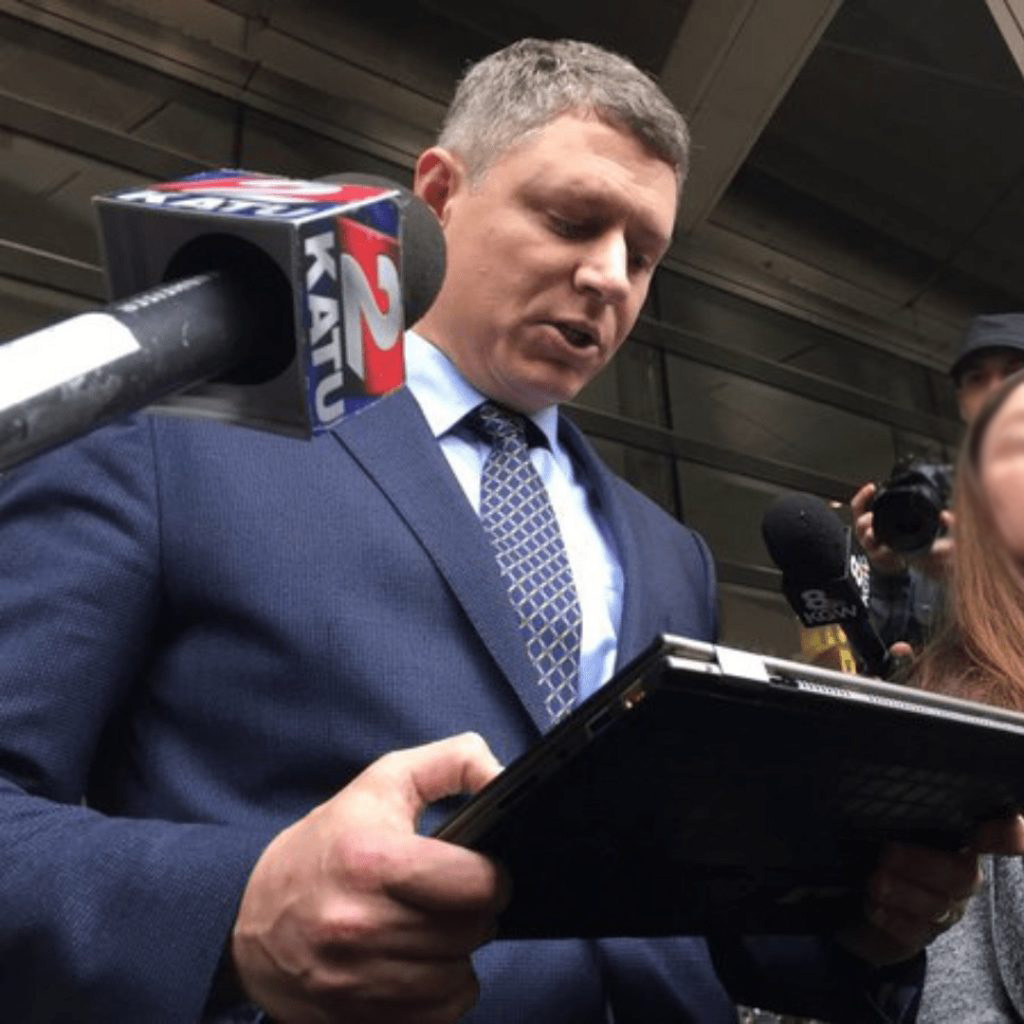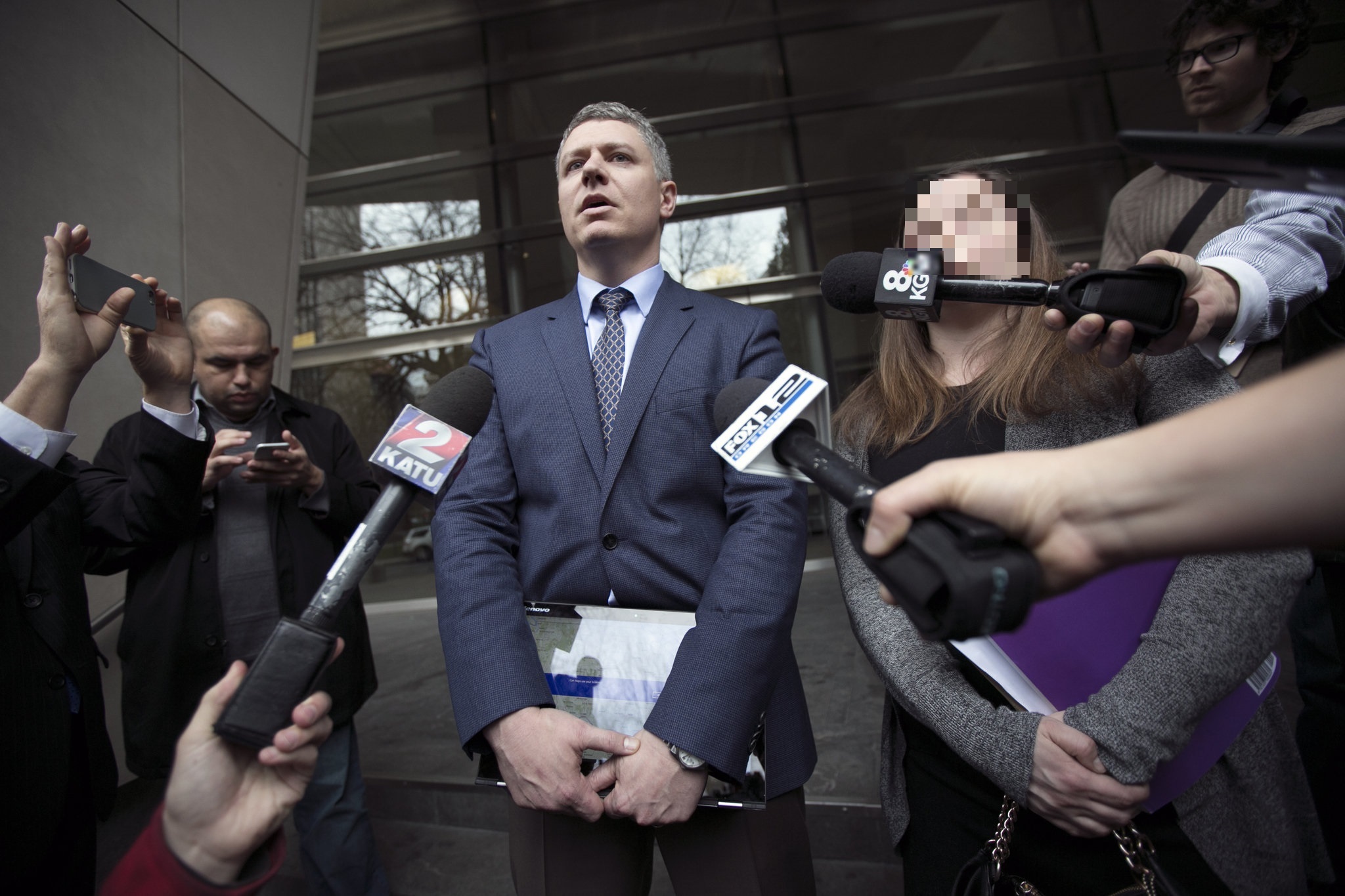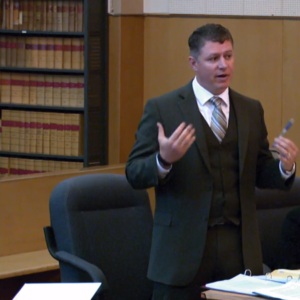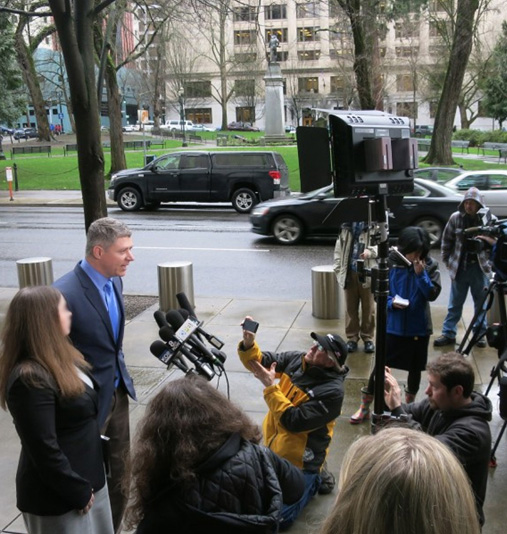Oregon Mandatory Reporting and Patient Privilege: A Legal Analysis
Tuesday, September 30th, 2025Statutory Framework
Oregon law imposes a non-discretionary duty on mandatory reporters. Under ORS 419B.010(1), any public or private official with “reasonable cause to believe” that a child has suffered abuse, or that any person with whom the official comes into contact has abused a child, must immediately report or cause a report to be made in the manner required by ORS 419B.015.
The statute contains limited exemptions. Specifically, “a psychiatrist, psychologist, member of the clergy, attorney or guardian ad litem appointed under ORS 419B.231 is not required to report such information communicated by a person if the communication is privileged under ORS 40.225 to 40.295 or 419B.234(6).” ORS 419B.010(1). Attorneys are further exempt when disclosure would be detrimental to the client. Id.
Thus, psychiatrists and psychologists are uniquely positioned: if the communication is privileged under OEC 504, no report is required. Other mental health professionals—including licensed counselors and regulated social workers—are not exempt. Their statutory privileges (OEC 504-4, OEC 507) do not override mandatory reporting duties.
The Psychotherapist-Patient Privilege
OEC 504 defines the psychotherapist-patient privilege. It protects “confidential communication” made for the purposes of diagnosis or treatment of the patient’s mental or emotional condition among the patient, the patient’s psychotherapist, and those participating under the psychotherapist’s direction. OEC 504(2).
The privilege may be claimed by the patient or the psychotherapist on behalf of the patient. OEC 504(3). Importantly, however, while the definition of “psychotherapist” in OEC 504(1)(c) is broad, the statutory exemption from mandatory reporting in ORS 419B.010(1) applies only to psychiatrists and psychologists.
Accordingly, only communications strictly between a patient and a psychiatrist or psychologist fall within the narrow safe harbor. If a counselor, social worker, or other provider is present, the privilege does not exempt them from reporting obligations.
Limits on Privilege: ORS 419B.040
Even when privilege applies, ORS 419B.040(1) limits its scope. That statute provides that the privileges created in OEC 504 to 505—including psychotherapist-patient, physician-patient, nurse, school staff, regulated social worker, and spousal privileges—“shall not be a ground for excluding evidence regarding a child’s abuse, or the cause thereof, in any judicial proceeding resulting from a report made pursuant to ORS 419B.010 to 419B.050.”
Oregon appellate courts have characterized this as a “limited exception.” In State v. Wixom, 275 Or. App. 824, 835, 366 P.3d 353 (2015), rev. denied, 359 Or. 166, 376 P.3d 280 (2016), the Court of Appeals explained that ORS 419B.040 makes privileges inapplicable only to evidence of child abuse or its cause in judicial proceedings arising from a report.
In State v. Evans, 260 Or. App. 270, 273, 317 P.3d 290 (2013), rev. denied, 355 Or. 142, 326 P.3d 1207 (2014), the Court held that the exception permits introduction of both inculpatory and exculpatory statements referencing child abuse, including explicit denials that exonerate a defendant.
Similarly, in State v. Reed, 173 Or. App. 185, 200–01, 21 P.3d 137 (2001), the Court limited admissibility to records including either descriptions or denials of abuse. Records with “no reference to abuse—that is, neither descriptions of abuse nor denials of abuse”—remain protected.
The Oregon Supreme Court in State v. Hansen, 304 Or. 169, 179, 743 P.2d 157 (1987), emphasized legislative intent: the exception was designed to assist in the search for truth regarding child abuse, not to prove a particular result. The legislature deliberately prioritized child protection and fact-finding over absolute confidentiality.
Finally, in State ex rel. Juvenile Dep’t v. Spencer, 198 Or. App. 599, 607–08, 108 P.3d 1189 (2005), the Court of Appeals acknowledged the “chilling effect” this scheme may have on treatment but concluded that it reflects a policy choice reserved to the legislature.
Practical Implications
-
Psychiatrists and psychologists are not required to report privileged communications, but they may later be compelled to testify in proceedings initiated by another mandatory reporter.
-
Counselors, social workers, and other professionals have no exemption; any disclosure of abuse triggers a mandatory reporting duty.
-
Patients face an inherent risk: while treatment communications with psychiatrists or psychologists may be initially protected, those communications can be disclosed in court if child abuse is already under investigation.
Conclusion
Mandatory reporting law in Oregon draws sharp distinctions among mental health professionals. Only psychiatrists and psychologists can withhold reporting under the psychotherapist-patient privilege, and even then, privilege is vulnerable once child abuse proceedings begin. For patients, disclosure of abuse history always carries risk. For practitioners, precise knowledge of these statutory boundaries is essential.



























